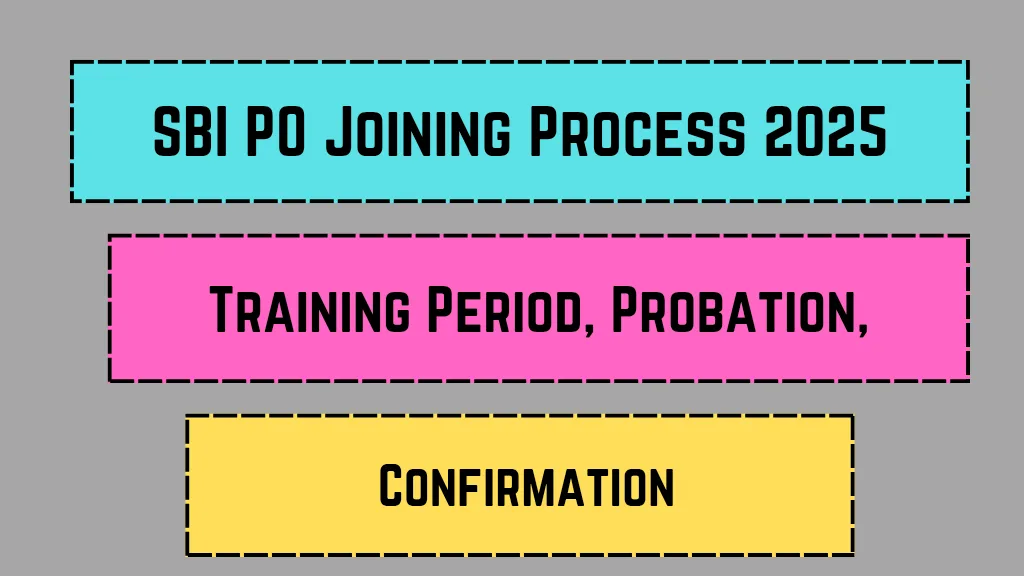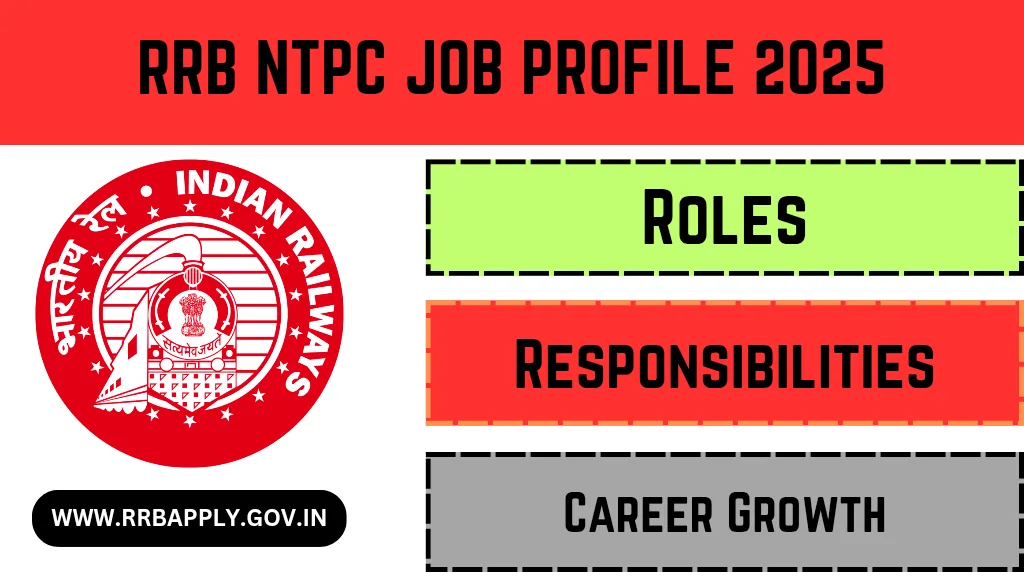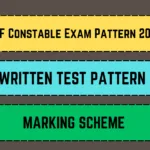The Staff Selection Commission (SSC) General Duty (GD) Constable recruitment is one of the most sought-after opportunities for candidates aspiring to join the paramilitary forces. Once selected, candidates undergo a rigorous training period to prepare them for their roles. If you’ve cleared the SSC GD Constable exam and are curious about what happens next, this article will guide you through the training process, key highlights, and what to expect during this crucial phase. Let’s dive in!
Key Highlights 📌
| Point | Details |
|---|---|
| Organization Name | Staff Selection Commission (SSC) |
| Post | General Duty (GD) Constable |
| Training Duration | Approximately 9 to 12 months |
| Training Centers | Various paramilitary force training academies across India |
| Physical Training | Focus on endurance, strength, and combat skills |
| Classroom Sessions | Theoretical knowledge on laws, regulations, and procedures |
| Weapon Training | Handling and maintenance of firearms |
| Field Training | Practical drills and real-life scenarios |
| Official Website | ssc.nic.in |
Training Duration and Structure ⏳
The SSC GD Constable training period typically lasts between 9 to 12 months, depending on the specific paramilitary force you’re assigned to. This period is divided into physical training, classroom sessions, and field exercises.
- Physical Training: Candidates undergo intense physical conditioning to build stamina, strength, and agility. This includes running, obstacle courses, and combat drills.
- Classroom Sessions: Here, recruits learn about laws, regulations, and the administrative aspects of their roles.
- Field Training: Practical drills simulate real-life scenarios to prepare candidates for on-ground challenges.
Physical Training: Building Strength and Endurance 💪
Physical fitness is a cornerstone of the SSC GD Constable training. Recruits are put through a series of exercises designed to enhance their physical capabilities.
- Daily Routine: Expect early morning runs, push-ups, sit-ups, and other endurance-building activities.
- Combat Training: Learn self-defense techniques and hand-to-hand combat skills.
- Obstacle Courses: Navigate through challenging courses to improve agility and problem-solving skills.
This phase ensures that candidates are physically prepared for the demands of the job.
Classroom Sessions: Gaining Theoretical Knowledge 📚
While physical training is crucial, classroom sessions are equally important. These sessions cover:
- Laws and Regulations: Understand the legal framework governing paramilitary forces.
- Administrative Procedures: Learn about documentation, reporting, and communication protocols.
- Ethics and Discipline: Emphasize the importance of integrity and professionalism in the force.
These sessions provide the theoretical foundation needed to perform duties effectively.
Weapon Training: Handling Firearms Safely 🔫
Weapon training is a critical component of the SSC GD Constable training period. Recruits are taught how to handle, maintain, and use firearms safely and effectively.
- Types of Weapons: Learn about rifles, pistols, and other firearms used in the force.
- Safety Protocols: Understand the importance of safety measures during handling and storage.
- Shooting Practice: Regular practice sessions to improve accuracy and precision.
This training ensures that recruits are confident and competent in using firearms when necessary.
Field Training: Real-Life Scenarios 🌍
Field training brings together all the skills learned during the training period. Recruits participate in practical drills that simulate real-life situations.
- Patrol Drills: Practice patrolling techniques and teamwork.
- Crisis Management: Handle emergencies like riots, natural disasters, or terrorist attacks.
- Communication Skills: Learn to coordinate with team members and superiors effectively.
This phase prepares candidates for the unpredictable nature of their roles.
Life During Training: What to Expect 🏠
Life during the SSC GD Constable training period is disciplined and structured. Here’s a glimpse of what your daily routine might look like:
| Time | Activity |
|---|---|
| 5:00 AM – 6:30 AM | Physical Training (Running, Exercises) |
| 7:00 AM – 8:00 AM | Breakfast |
| 8:30 AM – 12:30 PM | Classroom Sessions |
| 1:00 PM – 2:00 PM | Lunch |
| 2:30 PM – 5:30 PM | Weapon Training or Field Drills |
| 6:00 PM – 7:00 PM | Evening Exercise or Sports |
| 7:30 PM – 9:00 PM | Self-Study or Group Discussions |
| 9:30 PM | Lights Out |
Post-Training: Next Steps 🚀
After successfully completing the training period, recruits are assigned to their respective units. Here’s what happens next:
- Posting: You’ll be posted to a specific location based on the needs of the force.
- Probation Period: A probationary period may follow, during which your performance will be evaluated.
- Career Growth: Opportunities for promotions and specialized training are available based on performance.
This marks the beginning of your career as a GD Constable in the paramilitary forces.
By understanding the SSC GD Constable training period, you can better prepare yourself for the challenges and opportunities ahead. Good luck! 🌟
Shreya Reddy is a freelance writer specializing in exam results and admit cards. With a background in Psychology and 4+ years of experience, Shreya enjoys creating informative content for students. She loves reading novels.







